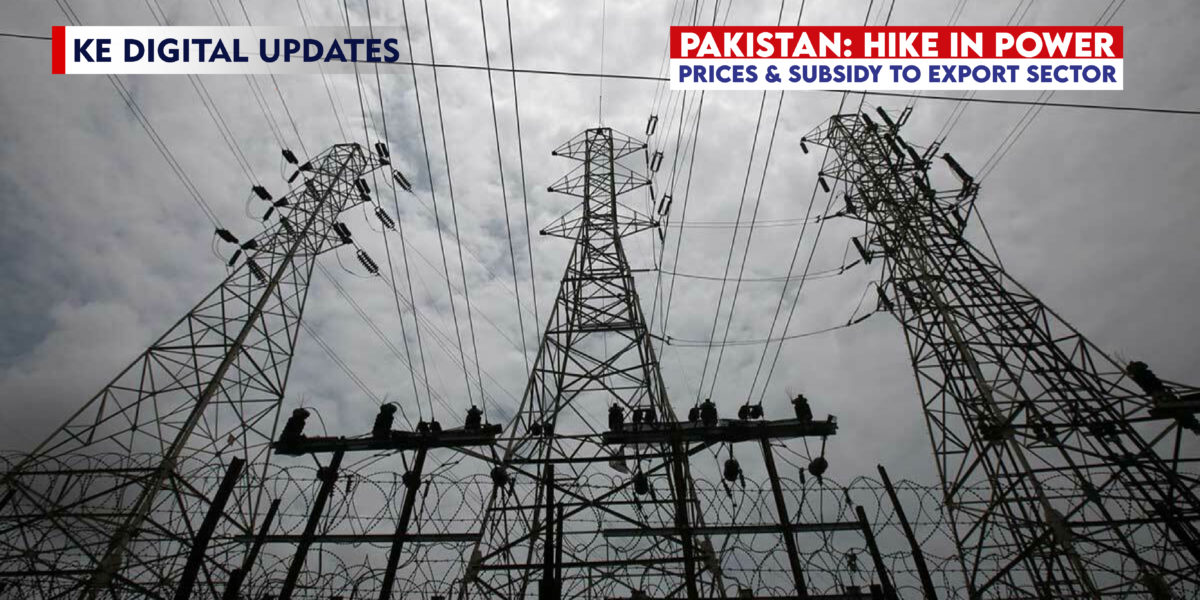Cabinet has approved a hike of Rs.3.50 per unit on electricity. This hike applies to more than 100 units. Federal Minister of Power Khurram Dastgir said this would not impact poor people because it is above 100 units. An RS.7.91 per unit increase on 3rd July 2022 had surged the price per unit to Rs.24.82.
There will be another rise of RS.3.50 from August to October. The coming few months will be difficult for the household consumers; from November, it will settle down. The power minister said that National Power Regulatory Authority (NEPRA) had approved a surge of RS.7.91 per unit basic power tariff, but the cabinet hasn’t supported it yet.
Most industrial plants are cutting their production due to power load shedding, and a surge in power prices is increasing unemployment, affecting the poor more. Cabinet decided to ensure the provision of electricity to the industrial sector round the clock for the betterment of the livelihood of the industrial worker and their families. He said that the cabinet is also considering providing electricity and gas at subsidized rates to five major export industries. He assured that the electricity tariff in Pakistan matches the tax on the industrial sector of neighboring countries.
The Federal Minister of Power explained that these tariff increases are due to a delay in rising in February 2022 when global prices have increased. The government has taken steps to decrease the line losses, and circular debt has decrease0 of RS. 214 billion and recorded at RS. 2.25 trillion.”
Khurram Dastgir said to the Economic Coordination Committee (ECC) that subsidized electricity provision to the export-oriented industrial sector depends on the approval of the IMF. Allocation of the budget for subsidized electricity is RS.20 billion and for gas supply is RS.40 billion. In case of any deviation, the government must take the IMF’s consent. It is hard to say IMF will agree on an increase in budget allocation. So, the ministry of energy has to keep an eye on the matter and provide quarterly recommendations for the adjustment to ECC.


